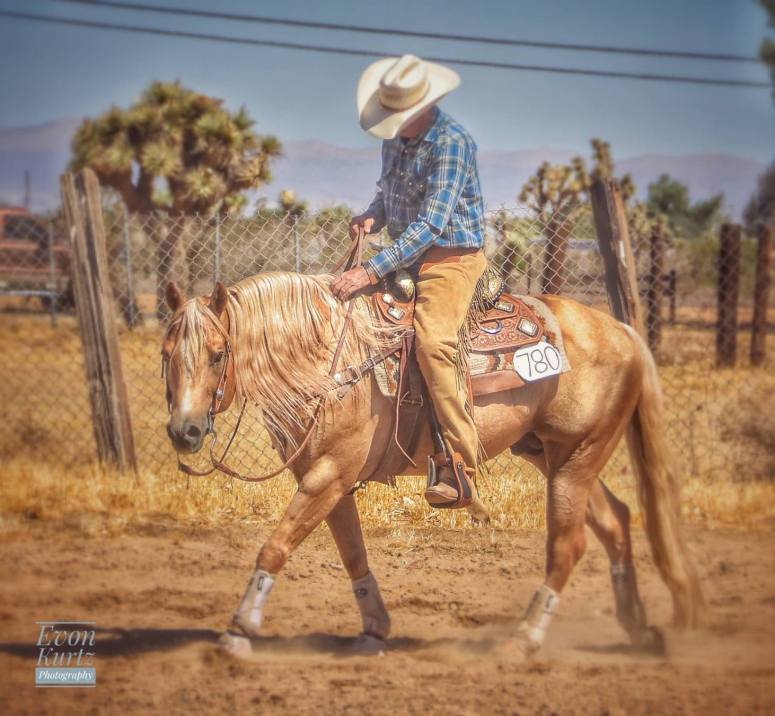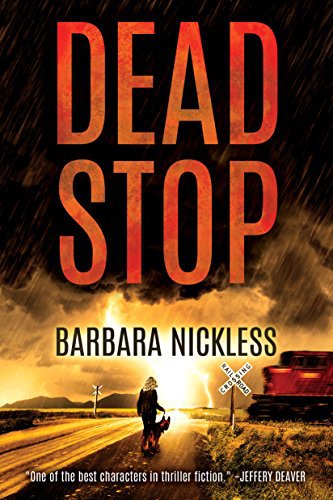It’s a real problem for the reading and book tracking obsessed: must you add books half-finished at the end of 2017 to that year’s tally (post-mortem, as it were), even if you don’t finish them until 2018, or is it morally justified migrating them to first reads of 2018?
My Code of Ethics Regarding Reading Protocol doesn’t cover this. Time to go rogue and make up my own rules:
Books finished in 2018 count as 2018 reads!
Such a saucy minx.
30 December 2017: Books in Progress
 Classics Group Read: An Easy Choice
Classics Group Read: An Easy Choice
A no-brainer. The classics group that chose Nicholas Nickleby doesn’t meet for discussion until late January. I have no qualms saving this for 2018’s list.
Is it the book’s fault I needed the full four weeks? I think not. Only eight chapters in, there are still 50,000 pages to go. It is Dickens, after all. The man doesn’t do short – though you’d have to ask Ellen Ternan for the official word on that.
HAHAHAHA! Sorry. Nerd humor.
Paid by the word and long-winded, some dislike him for it. Despite the fact his tangents run to dozens of pages, I adore him. The wonky characters and snarky side-comments, even the sentimental plots, have made him one of my favorite writers ever. His insights into human nature are spot on, still relevant.
That is the definition of classic literature.
My favorites of his novels are: Our Mutual Friend, Bleak House and Great Expectations. I do wish I could time travel back to the Victorian era and destroy all copies of Little Dorrit. It’s like Paul McCartney’s collaboration with Michael Jackson… very bad judgment. Almost reputation ruining, teeth grittingly bad work.
Ah, but the rest of his canon makes up for it.
I wonder how the group will like it. Recently returned after several years’ hiatus (I was an original member back when it was first formed, six or so years ago), I vaguely remember a few aren’t fond of the Victorians. It will behoove me to step up and defend the literature I love best. There are also new members, wild cards. I can’t predict their reactions.
Was Nickleby the best choice to reel in the uncertain? An early novel in his career, it’s nowhere near on par with the titles I love best. A number of film adaptations have been done of it, so it has some staying power.
Fingers crossed I won’t find the response too negative. I can argue points like its length and diversions, but flowery Victorian prose isn’t for everyone.
 It’s not you, it’s me. Or maybe it’s you,
It’s not you, it’s me. Or maybe it’s you,
Whole new problem, if I abandon a book begun in 2017, is it cheating to carry on reading it a bit past the New Year with the intent of listing it as a DNF (did not finish, for the uninitiated) for early 2018?
So much dilemma.
Newly married, newly widowed Elsie is sent to see out her pregnancy at her late husband’s crumbling country estate, The Bridge. With her new servants resentful and the local villagers actively hostile, Elsie only has her husband’s awkward cousin for company. Or so she thinks. For inside her new home lies a locked room, and beyond that door lies a two-hundred-year-old diary and a deeply unsettling painted wooden figure – a Silent Companion – that bears a striking resemblance to Elsie herself…
Frustratingly, the elements sound fascinating – the execution not so much.
It sounded such a delight I ordered it from the UK, paying international shipping. I hate paying international shipping for new books. They’re such a crap shoot. Classics, yes. Persephone or other reliable-quality editions, of course. Vintage Penguins, certainly!
But books recently published are just plain risky.
Eighty pages in, it’s not gripping me. The writing is loose, there’s no tension, no sense of menace above the barest trace. The haunted house should loom, not feel vaguely creepy in a pedestrian sense. A door closes and locks itself. Woooooo!!!
Not scary.
When I read a gothic, I want to be spooked, half looking back anticipating a cold hand dropping heavily on my shoulder.
I’m left with a dilemma: do I keep going despite its mediocrity, considering I’ve spent the money, or write it off since the money’s gone, anyway, and I can’t recoup it through squandering precious reading time.
One or two more chapters. I’ll give it only that.
The Silent Companions reminds me of overblown books of “gothic horror” like David Mitchell’s Slade House and Audrey Niffenegger’s Her Fearful Symmetry. The two of them were just not scary, yet readers loved them. Their premises sounded perfect; they didn’t deliver.
WHY ARE THEY SO LOVED.
David Mitchell is capable of brilliance. Audrey Niffenegger, for great ideas with results somewhat lacking. Most writers occasionally drop a dud. Such is the nature of the beast.
Like truly funny books, works of gothic horror are tough genres to nail. They must be perfect, taut as hell, without a single moment’s lapse.
I have not read a truly great work of gothic horror in a very, very long time. One title that springs to mind is Shirley Jackson’s We Have Always Lived in the Castle. Brilliant book. It’s not white knuckle terrifying, but a very good gothic. A couple others are just on the edge of my memory, elusive. One was about a house with a shifting staircase. Really spooky. I’ll think of it in the middle of the night and hate myself for forgetting it.
 Forgotten female writers, a love of mine
Forgotten female writers, a love of mine
Anne Royall was quite a rebellious woman, indeed. I’ve barely started the book; already I love her for that.
Publishing her first book in 1826 at the age of 57, Royall reinvented herself as a “women politico” a generation before the Women’s Suffrage Movement. She was a pioneering travel writer and satirist who broke ground on the wagon trails a generation before Mark Twain, and an investigative journalist who took on bankers and prison conditions a half century before muckrakers Ida Tarbell and Nellie Bly. She was the author of 10 original books, and publisher of a newspaper in Washington, DC for 25 years until the age of 85.
One of the most famous, sharp-witted and controversial women of her times, Royall was raised in the backwoods of the South but educated herself in one of the great libraries in the region. She openly cohabitated with her husband prior to their wedding, but was then left widowed and destitute after her husband’s family declared their marriage invalid. Turning to writing, Royall acquired fame and then enemies for her scathing and hilarious denouncements of corruption, incompetence and the blurry lines between church and state.
Author Jeff Biggers was the inadvertent cause of one of my biggest embarrassments as a newly-minted library programmer. Hiring him to come speak about a previous book about Appalachia as well as the writing process, I was devastated when no one showed.
It certainly wasn’t his fault, not was he upset. Relying on the public to care one whit about literature is precarious. Writers know this.
He stayed a while and talked with me, but I had a hard time getting past the humiliation I wasn’t able to fetch him an actual audience. I took a lot of things much too seriously back then, and I wasn’t as used to hanging out with writers as I am now. I’ve since learned they’re Actual People, not demigods. I love them, but they don’t intimidate me anymore.
Did I tell you about the time I chatted with Salman Rushdie and made him laugh? Because I pretty much tell everyone about that. How about the time former poet laureate Billy Collins left NOT ONE but TWO messages on my home answering machine, regarding an upcoming interview?
I’m slacking if I mention neither of those, at the very least.
His latest is one I’d like to devote serious attention to, not merely skim. I have to put reading time in reserve, as the chances this book will lead me to others is high. I’ll need a lot of note-taking time.
Most definitely a 2018 read.
All the RestNot members of my Ethical Reading Dilemma are books I’ve dipped into so superficially I don’t consider I’m technically reading them. Winding up next to or in bed with me, I page through them before I turn off the light. Not in the official reading queue, they’re transitional bedtime rituals.
2018 for sure.
Future Tense: Where am I going; where have I beenI did want to talk more about 2018 formal reading plans before the New Year, but I’m afraid I’ve already flooded you with posts. After a long drought, the dry ground of Bluestalking may not be equipped to absorb so much new blathering.
We all know my 2017 was amazing, that I don’t expect to see its equal again, though I dearly hope I will. Early plans for 2018 – another topic I’ve teased about – are awfully adventurous as well, though perhaps not quite so much as leaving the country for good. Leaving the area, perhaps. In fact, probably.
Don’t ask where… Mum’s the word.
Whatever becomes of me, Bluestalking is on track to change course a bit. My new tagline may be temporary, but gives an idea how I’m going to proceed. I’m not just a reader and writer, I’m also past the strict definition of mid-point in my life (unless I live past 100, and I have no plans to). Living alone and content, having had one wild rollercoaster of a life, I’d like to write more personal posts, keeping the literary slant.
There are not enough blogs written by Women of a Certain Age, not enough that speak frankly about concrete realities of living a solitary life. I’ll also feature more photographs, like I used to long ago. I replaced my DSLR camera, and am retraining myself in how to take decent pictures.
There are still many to share from 2017, as well.
I’m very excited about it all, looking forward to 2018. Thank you to everyone who’s followed me on my journey so far, for all the support and kindness on and off the blog over the past decade plus. I hope you enjoy where I’m taking things in the next stage of my life, that you’ll hop in the backseat and ride along.
Much happiness and health to you in 2018. All my very best.
Lisa
x
Share this:




